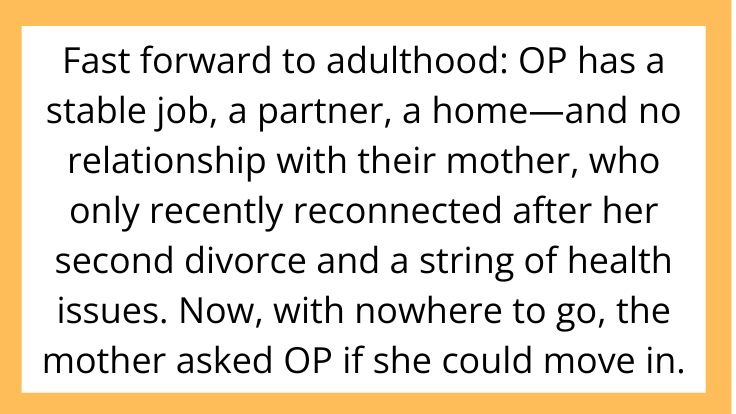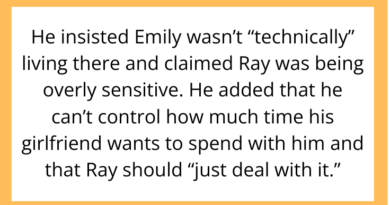Am I the Jerk for Refusing to Let My Mother Move in After Years of Estrangement?
When parents grow old, the expectation often falls on their children to care for them. But what happens when that parent has been emotionally absent—or worse—for most of your life? That’s exactly the dilemma one Reddit user shared in the r/AITAH community, sparking an intense debate around family duty, emotional trauma, and setting boundaries.
This story raises a critical question: Are you the jerk for denying support to someone who once denied you love?
The Backstory: A Childhood of Neglect, A Lifetime of Distance

The Original Poster (OP) explained that they were raised by their father after their mother left when OP was just seven. For years, there was no contact—no calls, no letters, no birthdays remembered. According to OP, the mother “checked out” and started a new life with another man and his children.
Fast forward to adulthood: OP has a stable job, a partner, a home—and no relationship with their mother, who only recently reconnected after her second divorce and a string of health issues. Now, with nowhere to go, the mother asked OP if she could move in.
OP said no.
Cue the guilt-tripping: relatives called, friends chimed in, and even acquaintances questioned OP’s “coldness.” But was it really cold—or was it a necessary boundary?
Abandonment Leaves Scars That Don’t Just Fade

Childhood Trauma Shapes Adult Choices
Many Redditors pointed out a powerful truth: abandonment isn’t something you just “get over.” Being left as a child by a parent creates lasting emotional scars. When a parent walks away, they often forfeit the unconditional care and loyalty they might expect later in life.
In OP’s case, the refusal to offer housing wasn’t revenge—it was self-preservation.
Emotional Distance Can’t Be Rewritten Overnight

After decades of no contact, showing up in someone’s life expecting support is jarring. OP described their mother’s recent return as more of a demand than a reunion. There were no apologies, no efforts to rebuild trust—just a plea for shelter.
For OP, this sudden request ignored the years of pain and the lack of any meaningful connection.
Family Isn’t Just About Blood—It’s About Effort
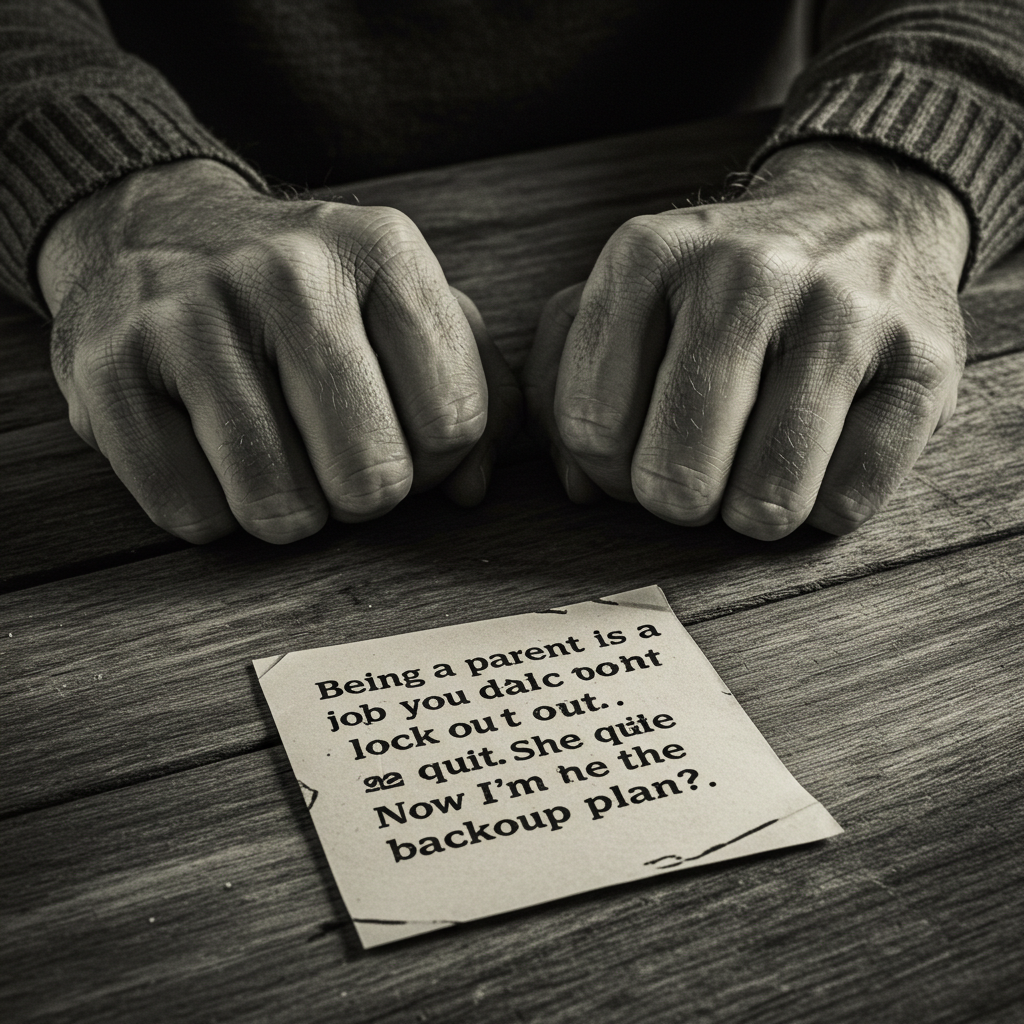
Being a Parent Is a Lifetime Commitment
This post resonated with many who’ve had absent parents return later in life. One top comment summed it up: “Being a parent doesn’t stop when things get tough. If she left you, she left the responsibility too.”
OP’s mother had made a decision years ago—to leave. That decision came with consequences. Now facing the result of those choices, she’s seeking comfort from the very person she once abandoned.
Reconciliation Requires Work, Not Just Need

Another major point: reconciliation isn’t automatic. It’s a process built on effort, remorse, and honest dialogue.
In this case, OP made it clear that their mother hadn’t expressed any real regret. The interaction was transactional—a request for help, not an offer to heal.
That left OP wondering: Is a child really obligated to care for someone who only reappears when they need something?
Social Expectations vs. Personal Boundaries
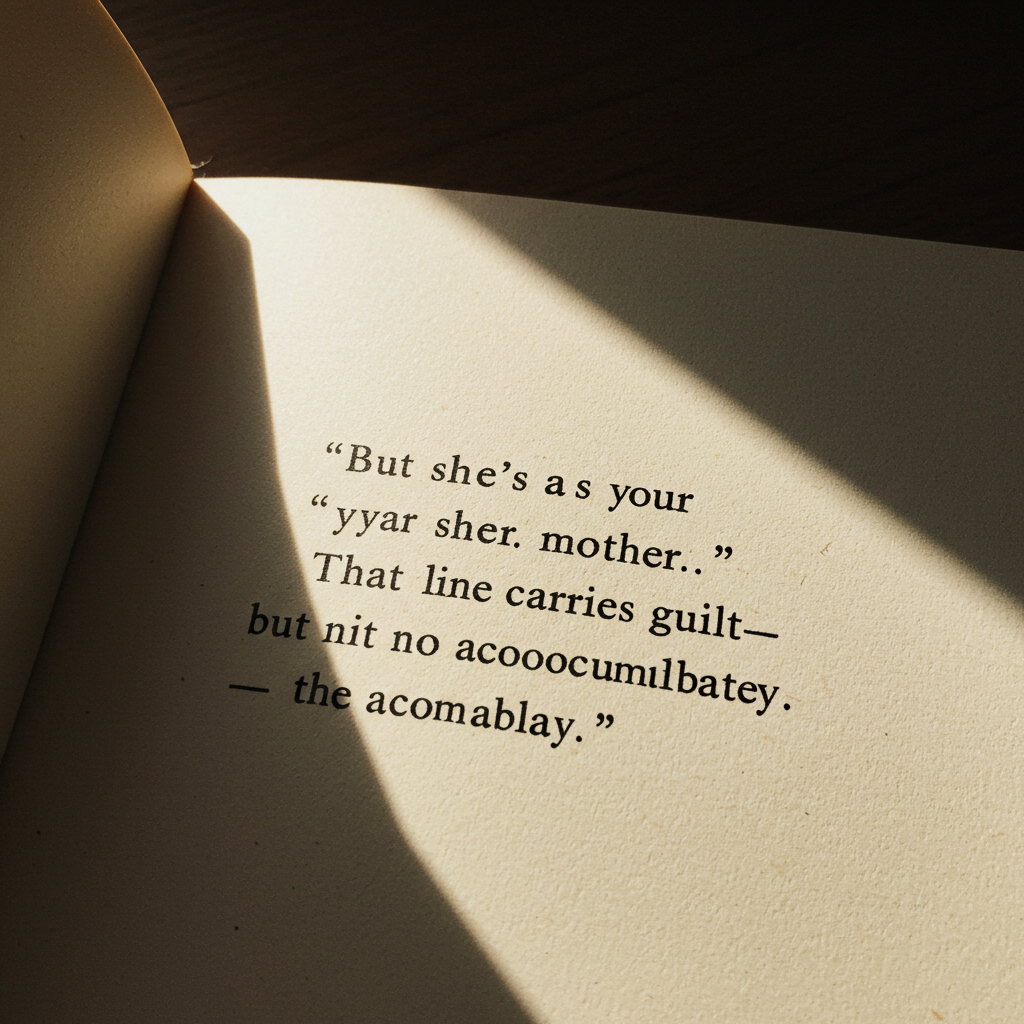
The “But She’s Your Mother” Argument
One of the loudest arguments OP faced was the infamous line: “But she’s your mother.” This phrase is emotionally charged and culturally powerful. In many communities, family is seen as sacred, and caring for aging parents is considered non-negotiable.
But as Reddit pointed out, not all parents are the same. Respect is earned, not automatic.
Boundaries Are Not Cruelty
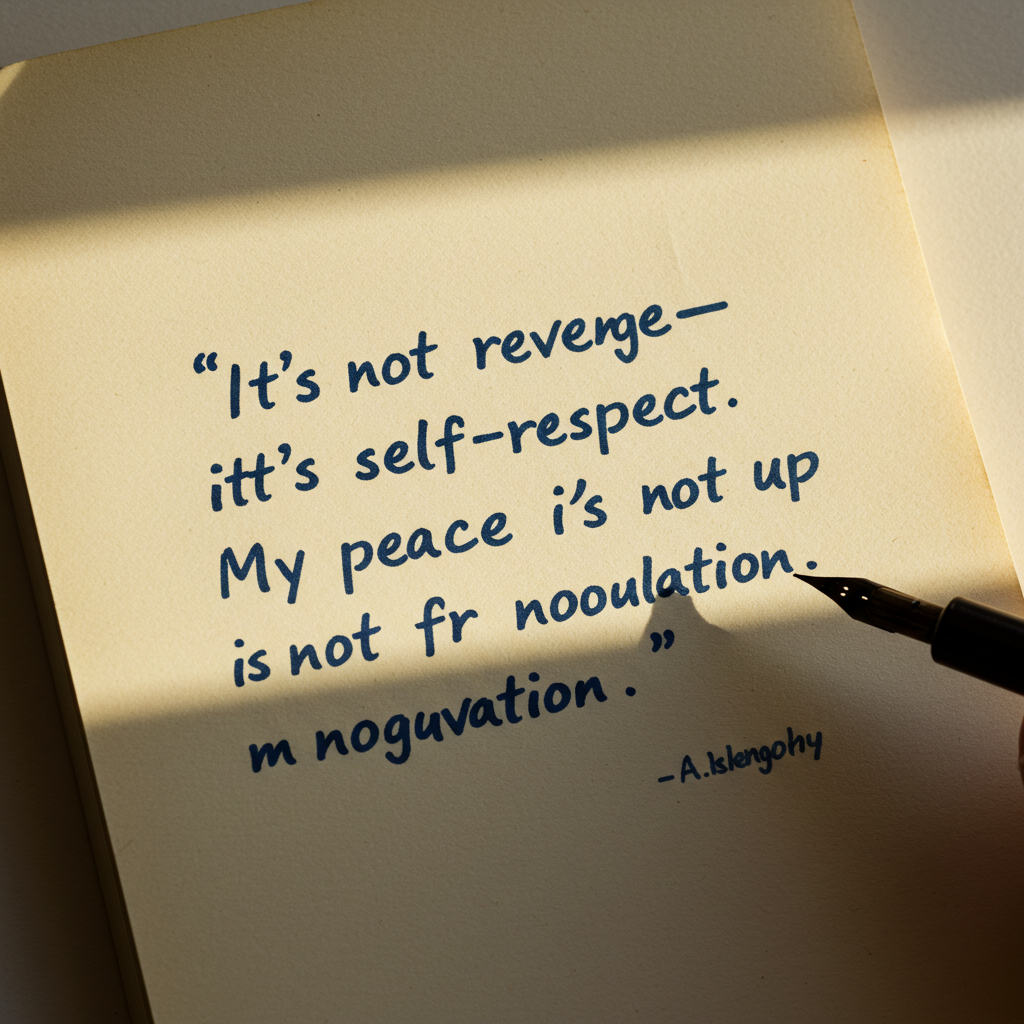
By refusing to let their mother move in, OP wasn’t being cruel—they were protecting their peace. Allowing someone who caused emotional damage back into your personal space, especially without any effort to make amends, can reopen old wounds.
Boundaries aren’t walls. They’re gates with conditions. OP’s condition was simple: trust, respect, and reconciliation must come before cohabitation.
What the AITAH Community Said

The verdict? Not the jerk—and resoundingly so.
Here’s what some commenters shared:
“You don’t owe her a home just because she gave birth to you. She had years to show up—and she didn’t.”
“You’re not punishing her. You’re prioritizing your mental health. That’s not selfish. That’s smart.”
“Forgiveness is your choice. Housing is not part of the package deal.”
Many also applauded OP for not giving in to pressure from extended family, some of whom had never supported OP during their childhood either.
Final Thoughts: You’re Allowed to Say No—Even to Family
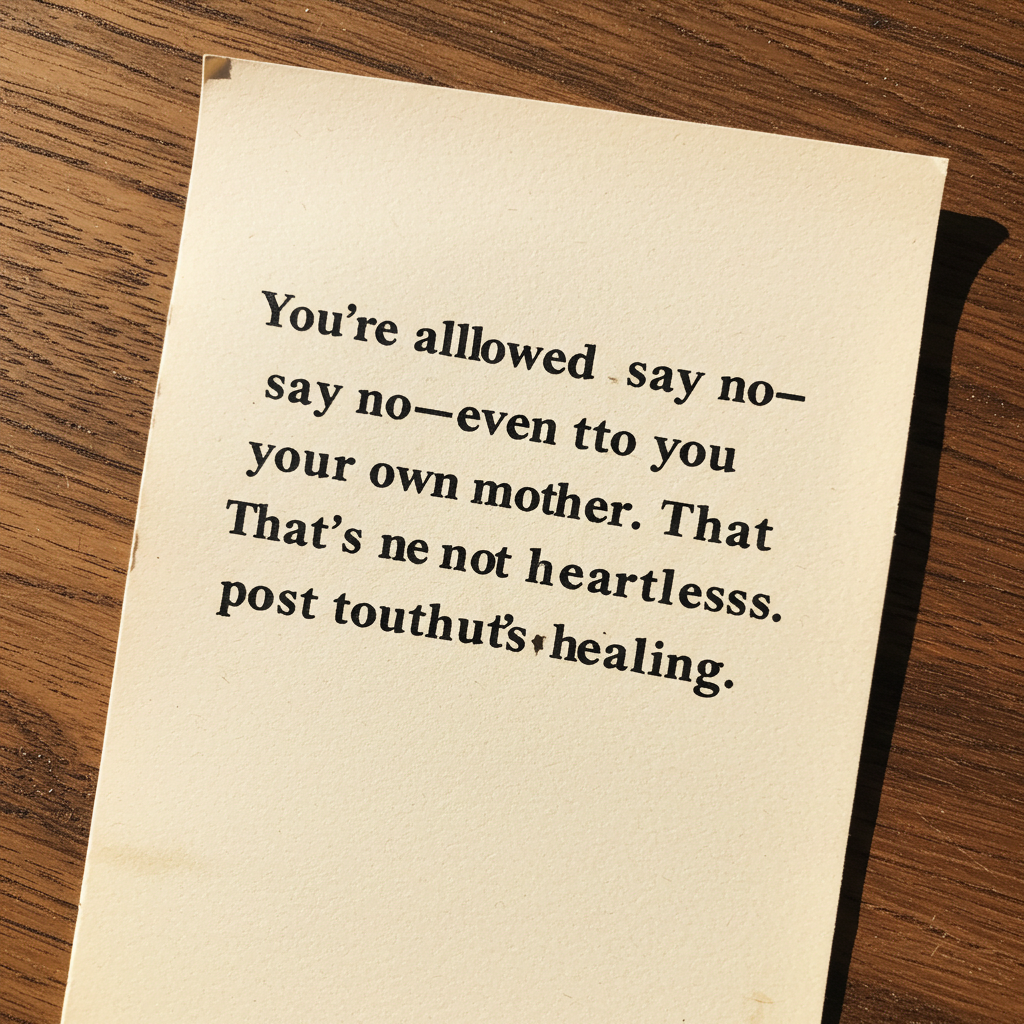
This story reminds us that not all family situations are created equal. While society often pushes the narrative of unconditional support, the truth is more complex.
OP set a clear, healthy boundary based on years of hurt and absence. They weren’t angry—they were simply protecting their life from being disrupted by a person who had once chosen to walk away.
Reddit made it clear: honoring your boundaries, even in the face of judgment, is not being a jerk. It’s being honest. And sometimes, that’s the hardest and bravest thing you can do.
